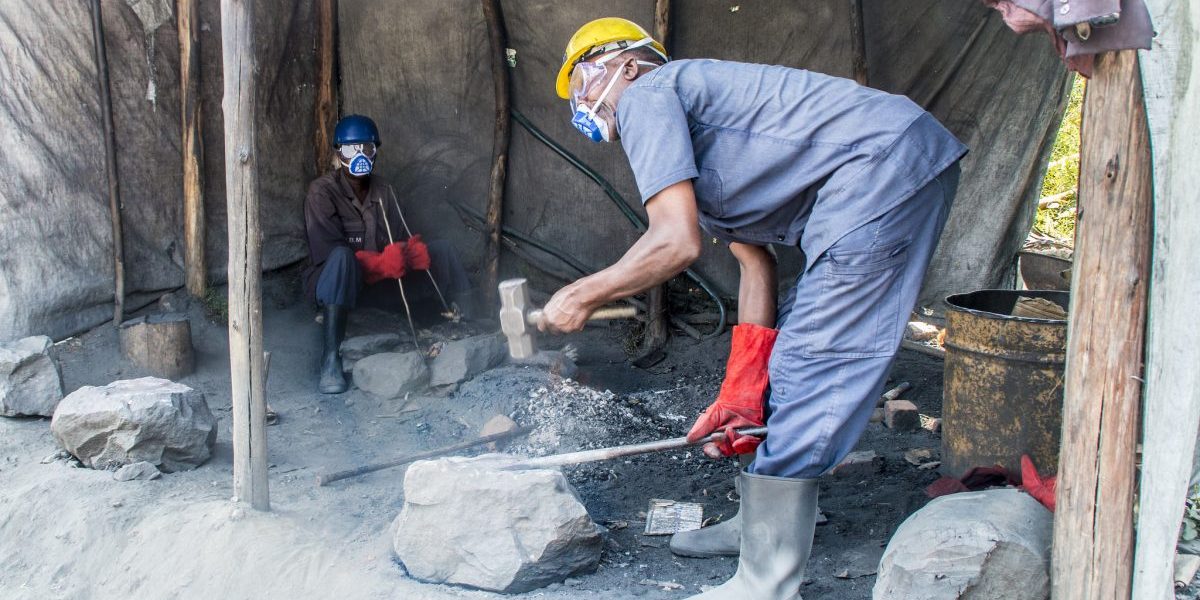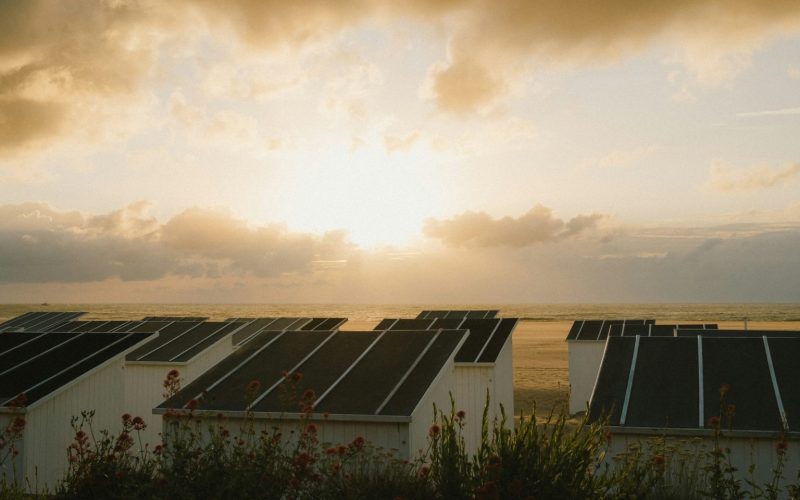Exploration and mining began in the DRC. However, expanding demand for energy, rising global oil prices and increased concern for climate change have revived interest in uranium mining and exploration in general. Much of this interest has focused on Africa because of its relatively accessible uranium, flexible regulations and low labour costs. Most uranium mining companies concentrate their efforts on the largest available uranium deposits, in Namibia and Niger. Others are looking into smaller, untapped potential uranium fields (eg. in the Central African Republic). This paper revisits the growing global interest in Africa’s uranium mines and potential uranium deposits. It examines the political, economic, social and environmental impact of current uranium mining and exploration trends in Africa. It looks into examples, frameworks and best practices that might improve the governance of uranium mining and exploration throughout the continent. There is growing demand from nuclear energy worldwide; interest in Africa’s uranium is set to grow. Africa should welcome this demand provided that it fits into stronger local and regional political frameworks.








